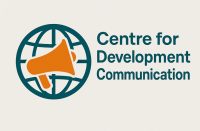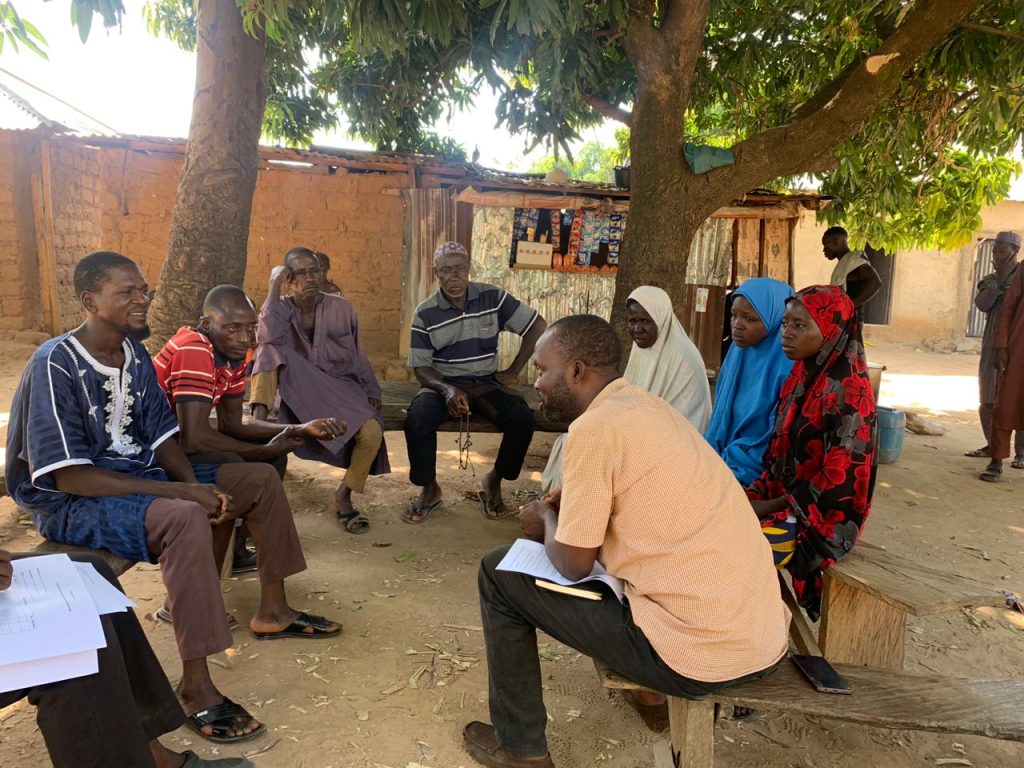Climate change is real, and its impact is hitting our most vulnerable populations the hardest, especially rural farmers. As a climate advocate and communicator, I believed I had a solid strategy to reach them. I was wrong.
In November 2023, I designed a climate change awareness campaign targeting rural farmers in the Federal Capital Territory (FCT), Abuja. My team and I were passionate, determined, and equipped with resources. We were on multiple radio stations. We used social media. We pushed content daily, raising awareness, sharing adaptation strategies, and calling for action.
But we missed something fundamental: our audience.
Three months into the campaign, we decided to assess our impact. We visited three rural communities, Kawu, Igu, and Zuma in Bwari Area Council, to speak directly with the farmers we were trying to reach.
What we discovered shook us.
Most had never heard the messages.
74% said they had not heard anything about climate change on radio.
Those who did tune in could not engage with the content because it was mostly in English, not their preferred language.
Many simply didn’t listen to radio at all.
Yet, they already knew about climate change, not through us, but through indigenous knowledge systems passed down by elders, shared through community gatherings, storytelling, and lived experience.
One farmer told us
“You can’t teach us about what’s affecting our farms on the radio. We know the signs. We’ve seen them for years. But you’re not speaking in our voice”
In that moment, we realized: we failed.
Despite the resources, effort, and good intentions, we had communicated at them, not with them. And that’s a critical difference.
But we didn’t give up. We listened. We learned. We changed.
Back at the drawing board, we redesigned our strategy, this time using indigenous communication methods. We began organizing community gatherings, encouraged local storytelling, and invited respected elders to share climate insights. It was participatory, rooted in culture, and built on trust.
The result was transformational
Farmers began not only learning but also teaching their peers. The communication became theirs. The knowledge became local. The change became real.
The Lesson
If you want to communicate climate change to rural communities, don’t just broadcast, engage. Use their language. Respect their traditions. Recognize the wealth of knowledge they already possess. Most of all, listen.
I decided to share this because I hope others can learn from our early failure and avoid the same costly mistake.
Have you experienced a similar communication gap in your work? How did you address it?
Let’s share our stories. We can only build resilience by learning from one another.
A lesson learned in Bwari, Abuja

